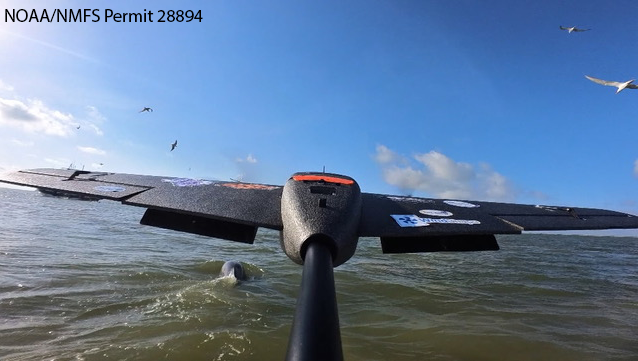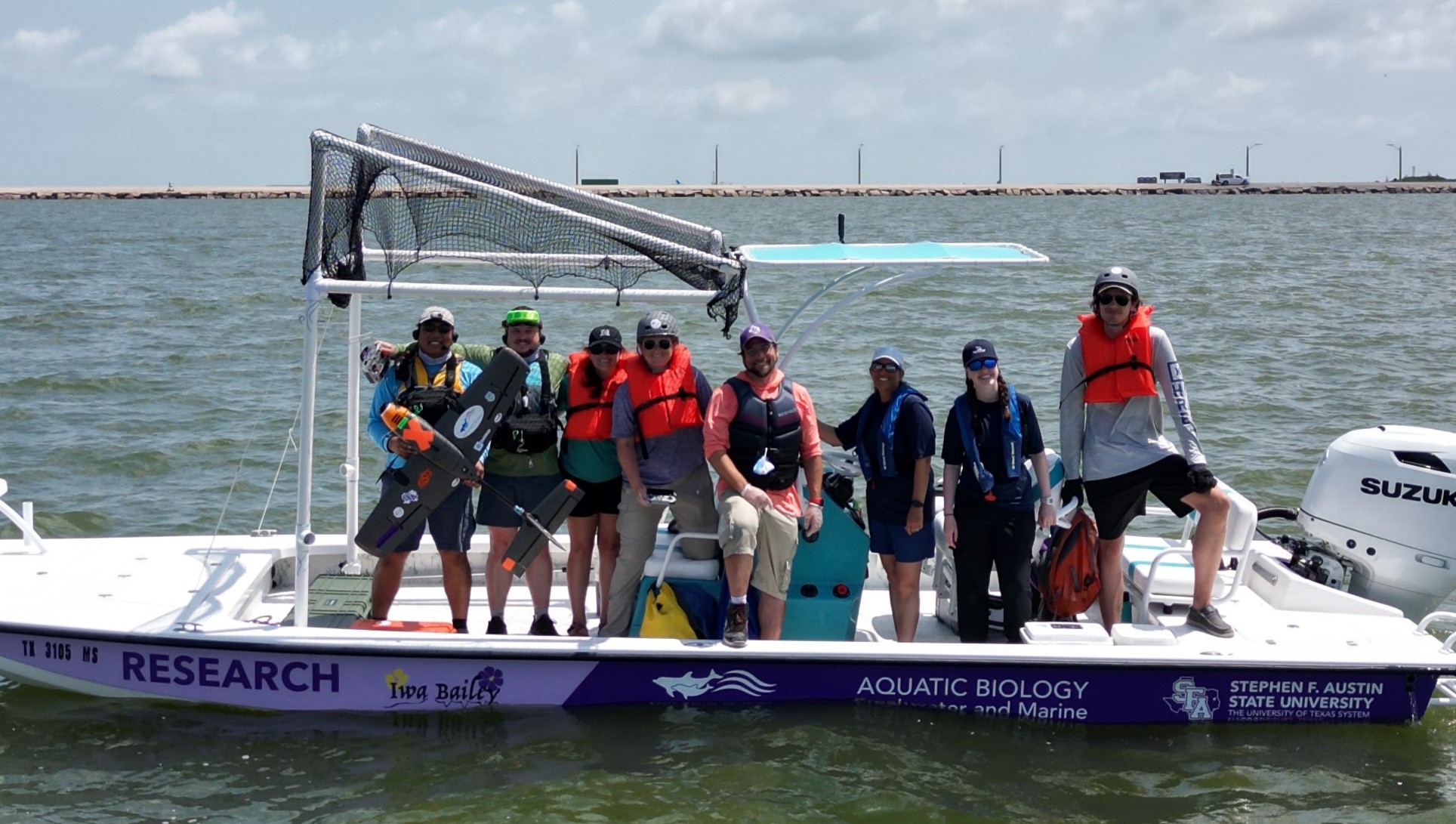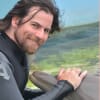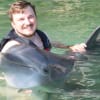Thank you for supporting this groundbreaking research! Your gift helps us to create new, noninvasive ways to monitor dolphin health and better understand how human activity impacts marine life. Together, we can protect these incredible animals for generations to come.
About the Passive Health Assessment in Sea Mammals (PHASM)
Protecting Dolphins with Breakthrough Drone Technology
Dolphins and whales face increasing threats from human activity, such as shipping noise, pollution, and industrial development. Yet, despite being highly protected and deeply valued species, we still know little about how these stressors affect their health. Traditional research methods are limited, invasive, or disruptive to the very animals we are trying to protect.
That's why PHASM was developed, a groundbreaking project using the world's first drone system designed specifically to collect dolphin health data in a completely non-invasive way.
Why This Matters
Noise from human activity may trigger stress responses in dolphins and whales, leading to health problems and even cognitive deficits similar to those seen in other mammals. To understand and address these impacts, we need accurate, non-invasive ways to measure dolphin health in the wild.
Our goal is to collect samples of dolphin breath, the "blow" that dolphins exhale at the surface, because it contains valuable health information, from stress hormones and pregnancy markers to pathogens and environmental contaminants.
The Breakthrough
Standard commercial drones don't work. They're noisy, which stresses animals and chases them away, and their spinning blades create downdrafts that blow away delicate samples.
The PHASM team, however, has successfully designed and flown a silent fixed-wing drone equipped with a unique siphon mechanism. This technology allows us to quietly fly within two meters of a dolphin, collect a sample of exhaled breath, and fly away, all without the animals even noticing.
In September, our multi-institutional team made history in Galveston Bay, Texas, by achieving the first-ever wild dolphin breath sample collections using this pioneering drone system. In just over a week, 12 dolphin breath samples were successfully collected, an extraordinary breakthrough in marine mammal science.
These samples have the potential to reveal:
- Genetic profiles
- Microorganisms that reflect environmental conditions
- Pathogens that indicate overall health
- Hormones that may show pregnancy or stress levels
Firsts Achieved by PHASM in Galveston Bay
- First fixed-wing drone launch and recovery from boat for dolphin research
- First close-range fixed-wing drone approach of wild dolphins
- First use of a silent, siphon-equipped fixed-wing drone to collect dolphin breath samples.
Who We Are
- Dolphin Quest
- Stephen F. Austin State University (SFA) - Bruck Lab
- Oklahoma State University - Oklahoma Aerospace Insitute for Research and Education (OAIRE)
- WindShape
- Galveston Bay Dolphin Research Program
Together, we combine expertise in marine biology, animal care, aerospace innovation, and conservation to push the boundaries of what's possible in ocean science.
Why We Need Your Help
This project has already proven that non-invasive drone technology can revolutionize dolphin health research. But to expand our work, collect more data, and refine the technology, we need support.
Your donation will:
- Fund additional field missions in Galveston Bay and other critical habitats
- Support the development of next-generation drone technologies, PHASM Mk4, for marine research
- Train students and young scientists in cutting-edge conservation methods
- Help us understand and mitigate the impact of human activity on vulnerable dolphin populations
Voices From the Project
- "Developing non-invasive methods to study the health of these at-risk dolphins is key to their conservation." - Dr. Vanessa Mintzer, Galveston Bay Dolphin Research Program
- "These breath samples could reveal a wealth of information... We're optimistic and excited about PHASM's potential." - Dr. Jason Bruck, Stephen F. Austin State University
- "Integrating autonomous systems into ecological studies continues to unlock groundbreaking opportunities." - Dr. Jamey Jacob, Oklahoma State University, OAIRE
Join Us in Protecting Dolphins
By supporting PHASM, you're not just funding research, you're helping to pioneer a new era of wildlife conservation powered by innovation. Every gift brings us closer to understanding and protecting dolphins in the wild, ensuring these incredible animals thrive for generations to come.
Help us expand this groundbreaking research. Together, we can use innovation to protect dolphins and inspire a future where science and conservation work hand-in-hand.
$25
Cetacean Supporter
Keeps us mission-ready with field consumables: connectors, heat-shrink, zip ties, spare leads, and tape for clean, reliable wiring and quick fixes.
$75
Wingman
Supports airframe and wiring fabrication: harnesses, adhesives, fasteners, 3D-printed fixtures, mounts, and small electronics for the new PHASM Mk4.
$150
Dolphin Defender
Moves us toward higher-cost components like stabilized camera modules, companion sensors, and flight controllers for PHASM Mk4.
$500
Siphon Squad
Funds engineering time and WindShape time to refine the siphons performance for reliable, non-invasive breath capture on PHASM Mk4.
$1,000
Flippin' Philanthropist
Enables a focused on-water trial of PHASM Mk4—travel to a test site, boat time, launch/recovery support, battery cycles, and post-flight data checks.






